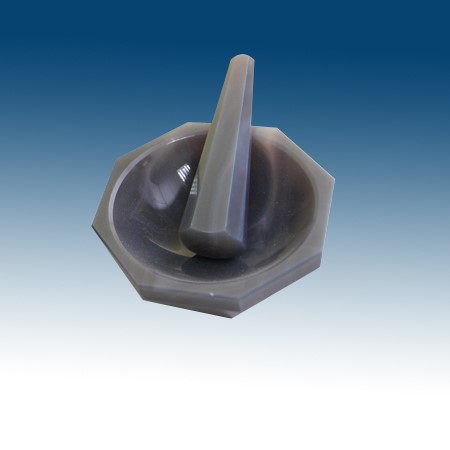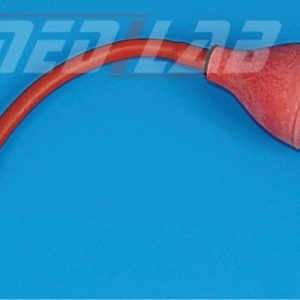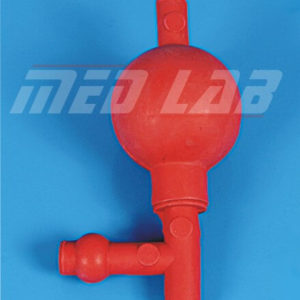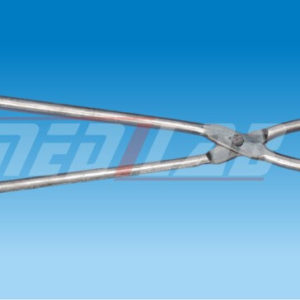Description
| Agate Mortar & Pestle (Grey) | |
| Catalog Number | Top Outer Diameter (inch) |
| 19513/01 | 1.0 |
| 19513/02 | 1.5 |
| 19513/03 | 2.0 |
| 19513/04 | 2.5 |
| 19513/05 | 3.0 |
| 19513/06 | 3.5 |
| 19513/07 | 4.0 |
| 19513/08 | 4.5 |
| 19513/09 | 5.0 |
| 19513/10 | 6.0 |
| 19513/11 | 6.5 |
| 19513/12 | 7.0 |
A Porcelain Agate Mortar & Pestle is a high-quality lab tool used in chemistry, biology, and geology labs for grinding, crushing, and mixing small samples of solid materials. The mortar and pestle are made from natural agate, which is a hard, crystalline form of quartz, known f zor its durability and resistance to chemical reactions. The agate material is non-porous, non-absorbent, and non-reactive, making it ideal for use in the preparation of sensitive samples that require a clean, uncontaminated environment.
The mortar is a small, shallow bowl with a smooth interior, while the pestle is a small, handheld tool with a rounded end that fits snugly into the bowl. The pestle is used to crush and grind the substance inside the mortar, using a rotating or pounding motion until the desired consistency is achieved. The agate material is highly resistant to wear and tear, making it suitable for use with abrasive or hard materials that may damage other types of mortars and pestles.
Agate mortar and pestles are commonly used in a wide range of lab applications, including preparing powdered samples for analysis, grinding minerals for geological research, and preparing small quantities of pharmaceuticals. They are highly durable, easy to clean, and can be used repeatedly for many years with proper care and maintenance.







